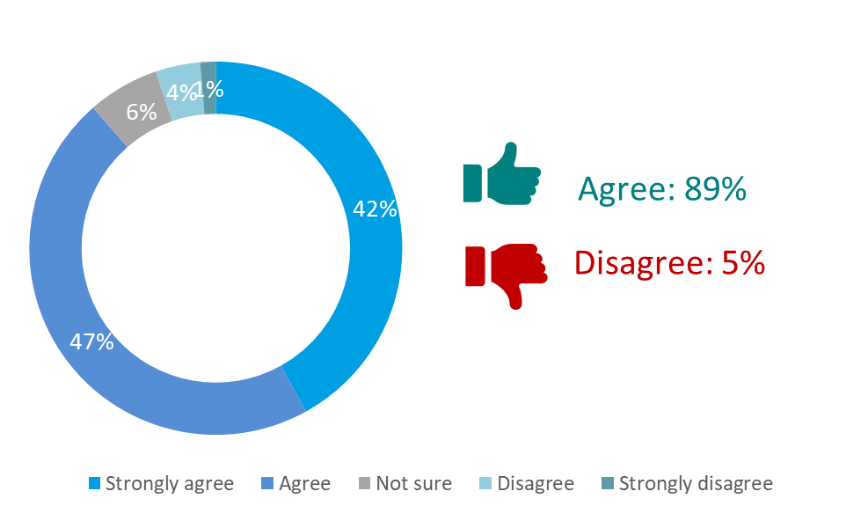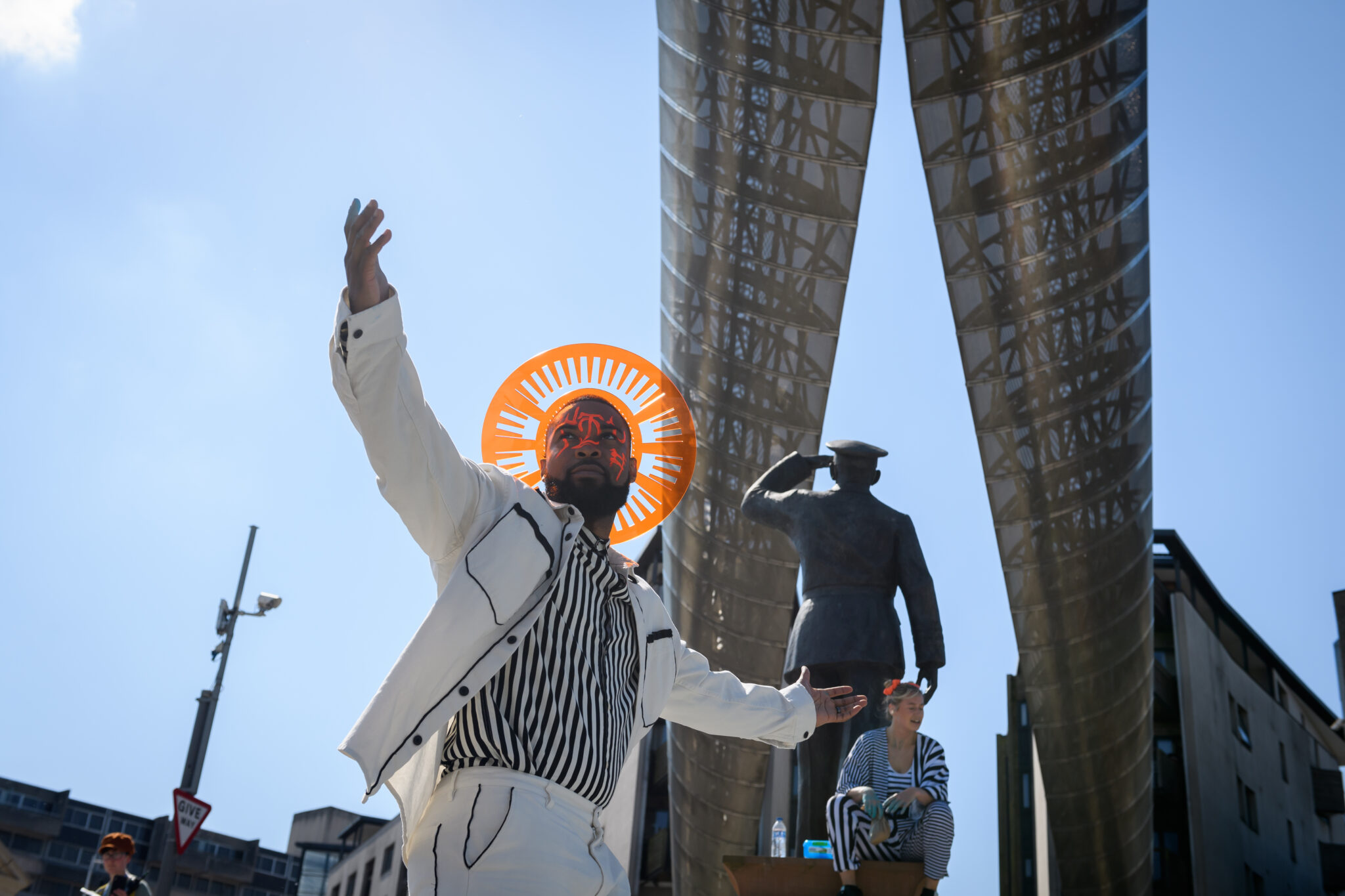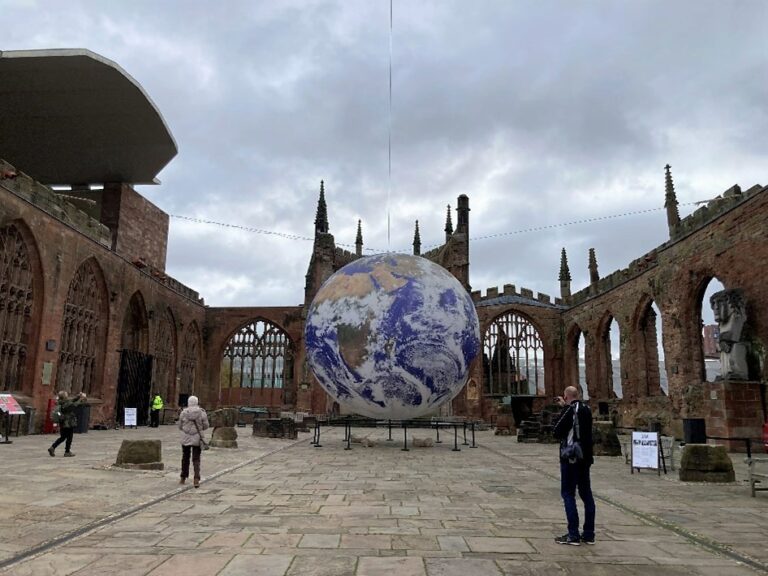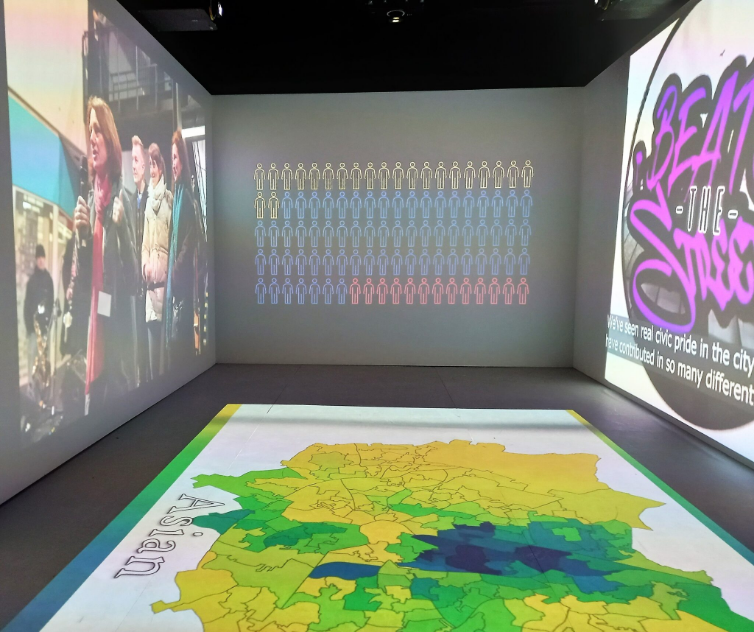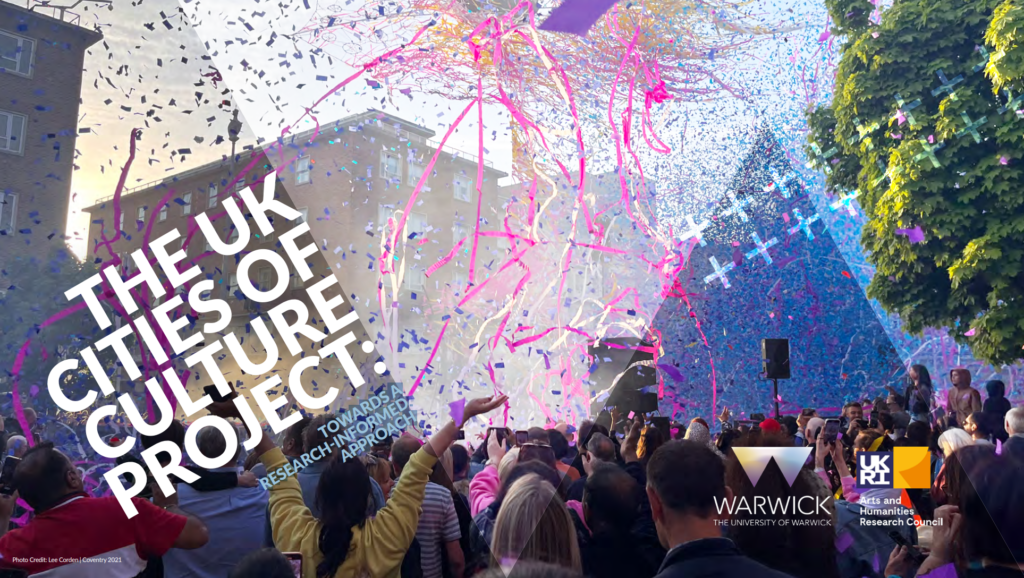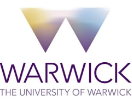Following the award of UK City of Culture 2025 to Bradford, a new review from the Warwick UK Cities of Culture project has been published detailing the role that arts, humanities and social science research can and should play in the planning, delivery and legacies of the UK City of Culture programme. It provides independent, evidence-led learning to inform future rounds of the competition and wider investment.
Since 2009 there have been 71 expressions of interest in the UK City of Culture programme. 44 places have submitted full bids; 17 cities and regions have been shortlisted and 4 awarded the UK City of Culture title. The majority of the shortlisted and title cities and regions are younger, more diverse, and have higher levels of multiple deprivation than the UK average.
The review argues that as the UK City of Culture programme matures, it is important to establish a foundation of evidence-led learning to guide future rounds and secure continuity of learning and investment.
A key driver for the UK City of Culture programme is to invest in places that have a clear need, ambition and evidenced plan for culture-led city and regional transformation. The review promotes a research-led approach to how culture might lead to impacts that address the specific needs of a place and its diverse communities.
Winning City is a live test bed
What can be learnt and developed at regional and UK levels of cultural planning and investment from the levels of experimentation and cultural place shaping afforded to UK Cities of Culture?
The scale of opportunity and cultural investment allows for an intensity of cultural programming, R&D and other cultural development activity to take place, that can lead to measurable, tangible and sustained benefits at scale. The winning city becomes a live test bed for a wide range of cultural interventions designed to address the challenges and ambitions for culture-led transformation.
The scale of investment and opportunity is now matched with a scale of responsibility to share learning and to develop evaluation and research methodologies that capture not just the economic but also the social and cultural returns on the significant investments made.
A particular challenge is to capture and communicate the multiplicity and granularity of lived stories and local impacts that lie behind the numbers. How different people directly experience being UK City of Culture and what that means in terms of individual and social perceptions of ‘value’.
Giving voice to the seldom heard
From collaborative work with regional public health and policing, through to PhD programmes and artist-researcher collaborations such as Coventry Creates, research plays a key role in giving voice to the seldom heard and interrogating the social and cultural impacts of UK Cities of Culture.
Through the co-creation of regional projects and a focus on public engagement and impact, research has the potential to connect communities and develop significant and lasting partnerships.
The review also highlights the benefits for places that are shortlisted, but do not win the title. The civic partnerships, leadership and planned ambitions for culture-led growth established during the bidding process, lead to additional and sustained benefits for shortlisted cities.
Norwich, Dundee and Perth have been awarded UNESCO Creative Cities titles. Stoke, Dundee and Sunderland have increased investment in arts and culture through additional place shaping funding streams, including Creative People and Places, and other place and people focused Arts Council England and Creative Scotland schemes.
Value is not just economic
Based on interviews and other sources of data, the review includes an analysis of the qualities of shortlisted and title bids to date. These include bids that:
- have a distinctive story and vision
- capture pride and engagement with the population
- provide benefits or learning for other parts of the UK
- position UK City of Culture in a longer journey or strategy
- are based in strong cultural, civic and business partnerships that transcend hierarchies and politics
A common theme in the ambitions is to give life and expression to what makes a place and its people distinctive; to increase civic pride through inclusive access to cultural production and engagement.
Essentially, many of the interviewees stress the value of UK City of Culture not just in economic terms, but also in the difference that cultural investment can make to the subjective quality and prosperity of lives and places.
Beyond the headline numbers, there is a need to understand better which cultural activities and outputs are more successful in engaging with and generating social value for different populations and their localities.
Highlighting national cultural evidence priorities
In order to capture both quantity and quality, comprehensive and inclusive evaluations of UK City of Culture should include arts and humanities and social science research into the differentiated effects of the cultural programme, as it is experienced by target populations and neighbourhoods within the UK City of Culture.
The review makes a series of interim proposals to drive a more strongly research-informed approach to the UK City of Culture programme. These are based on an analysis of findings and learnings from the extensive monitoring and evaluation of Coventry UK City of Culture 2021, and the experience of establishing a research-intensive, multidisciplinary programme in collaboration with local partners, spanning planning, delivery and legacy of the City of Culture year.
With support from its local university and the Arts and Humanities Research Council, Bradford UK City of Culture 2025 will be able to plan ahead for a comprehensive place-led and inclusive research programme.
Connecting this programme with the DCMS’s wide ranging Areas of Research Interest will highlight national cultural evidence priorities that DCMS, Lottery Funders and other government departments will require in the coming years to help develop and deliver policies and cultural investment priorities.
Acknowledgement
This article was written by Professor Jonothan Neelands – Academic Director Research and Evaluation at Warwick Business School – and Professor Jacqueline Hodgson – Deputy Pro-Vice Chancellor (Research) at the University of Warwick.
It was originally published in Arts Professional magazine.




